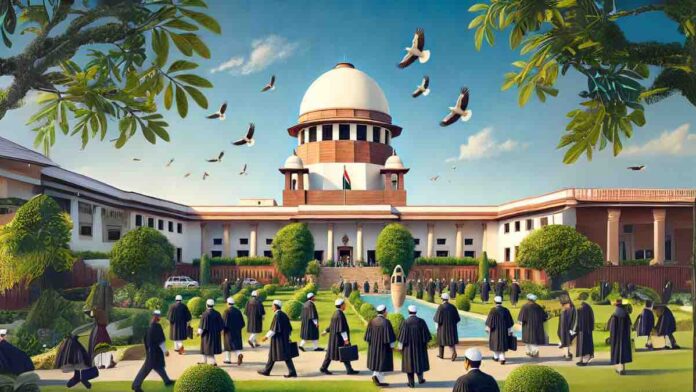The Supreme Court of India, in a significant ruling on insurance law, has held that an insurer cannot repudiate a claim by invoking an exclusion clause for pre-existing defects, such as corrosion or wear and tear, if those defects were only discovered after an explosion and the insured object, in this case, a boiler, was
To Read More Please Subscribe to VIP Membership for Unlimited Access to All the Articles, Download Available Copies of Judgments/Order, Acess to Central/State Bare Acts, Advertisement Free Content, Access to More than 4000 Legal Drafts( Readymade Editable Formats of Suits, Petitions, Writs, Legal Notices, Divorce Petitions, 138 Notices, Bail Applications etc.) in Hindi and English.




